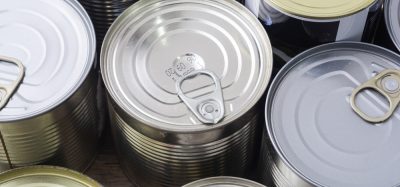Nanoparticles to revolutionise shelf-life
Posted: 15 August 2016 | Roy Manuell | No comments yet
Iranian researchers have discovered how to improve polymeric materials in packaging by manipulating nanoparticles of clay and iron oxide.


Iranian researchers have discovered how to improve polymeric materials in packaging by manipulating nanoparticles of clay and iron oxide.


The maximisation of shelf life has long been a priority for manufacturers and retailers and if we are to consider the specifics, the defence of products against heat, light, moisture, oxygen, microorganisms, insects and dust represents in essence, what the packaging industry fundamentally considers to be the means in which to do so.
Creating the right conditions within a product’s packaging is of essential importance and recently, the industry has seen several diverse methods and opinions on how best to achieve this.
Gholamreza Khalaj directed the Iranian research project and outlined that “the plan aimed to improve various properties of polymeric materials used in food and pharmaceutical packaging by taking advantage of clay and iron oxide nanoparticles.
“The use of this nanocomposite packaging can cause a marked increase in shelf-life of the products it contains,” he continued.
“These two types of nanoparticles offer two different mechanisms to prevent passage of oxygen from the package; simultaneous use of clay and iron nanoparticles brings about synergic effects to further boost the shelf life of food and pharmaceuticals.”
The research conducted by member of the Islamic Azad University of Saveh has led to the technology now being produced on an industrial scale.









